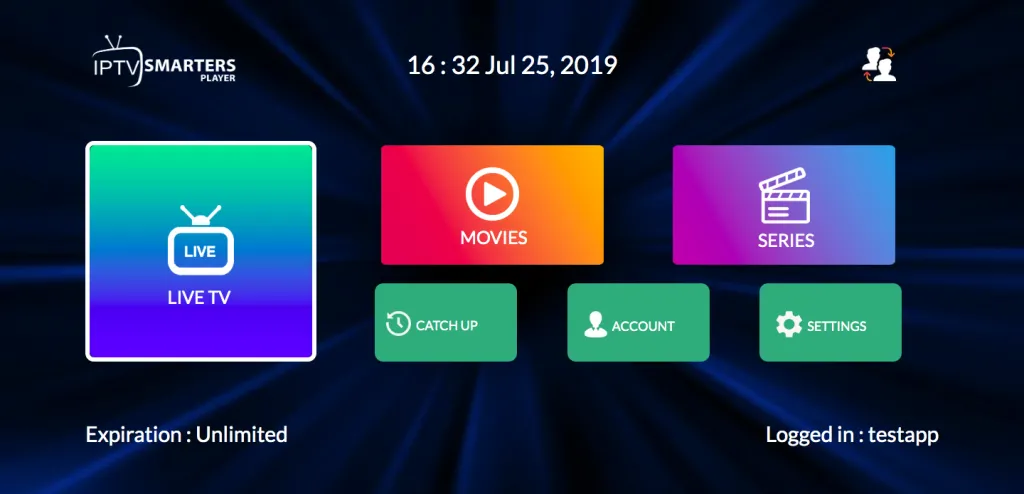
A man was put behind bars last Thursday for operating an illegal streaming service that provided over 30,000 subscribers with pirated entertainment and sports content, like Premier League matches.
Steven Mills, a resident of Shrewsbury, a town in Shropshire, England, ran an organization through a closed Facebook group that sold “Firesticks,” according to the Premier League. The group, which traded under the names “Pikabox” and “Eyepeeteevee,” amassed £1 million, or about $1.2 million, in five years.
Following an investigation by the English Football League, West Mercia Police, and anti-piracy group FACT, the Shrewsbury Crown Court found Mills guilty of distributing and consuming the illegal content. So far, Premier League said the network of resellers is under investigation and over 1,000 customers have been identified.
It’s just the latest salvo against a scammer in the seemingly never-ending battle against pirates using IPTV services to deliver illegal feeds. The problem has motivated everyone from pay-TV providers to sports leagues to get involved in rooting out these services.
“The sentence handed down by the Crown Court today once again clearly demonstrates the severity of piracy-related offenses and the consequences that come with them,” Kevin Plumb, Premier League general counsel, said in a statement.
The judge commented on the “sophistication” of the operation: the organization used virtual private networks, or VPNs, and recorded tutorials to help customers gain access to the illegal content. Mills himself “took significant steps” to go undetected by authorities including “posting bundles of cash to suppliers” and using multiple aliases.
“It is vital that the public continue to be made aware of the dangers and criminality associated with using illegal streaming services,” Plumb said.
Last year, the Premier League blocked over 600,000 illegal live streams. In August, with the season underway, the football league bulked up its legal team, continued to block pirate feeds, and launched private prosecutions.
Government officials and agencies around the world are locked in a seemingly unending battle with illegal IPTV providers. You could argue that battling pirates, as pervasive as they are, is wasted energy, especially when you consider the number of providers and users as well as the staggering amount of money piracy rakes in.
In comparison to what we knew of piracy in the early 2000s, it’s an entirely different beast today. Streaming services have largely replaced physical discs in popularity, but that’s just opened up new forms of piracy.
Due to the sheer number of services available today, it’s no longer economically feasible for many viewers to watch everything they want to. In addition, many services have raised their prices amid climbing inflation rates. The combination of factors has resulted in some consumers seeking out illegal options.
While it’s crucial that agencies continue to fight back against cybercriminals, a future fully eradicated of IPTV services is a highly unlikely one.



